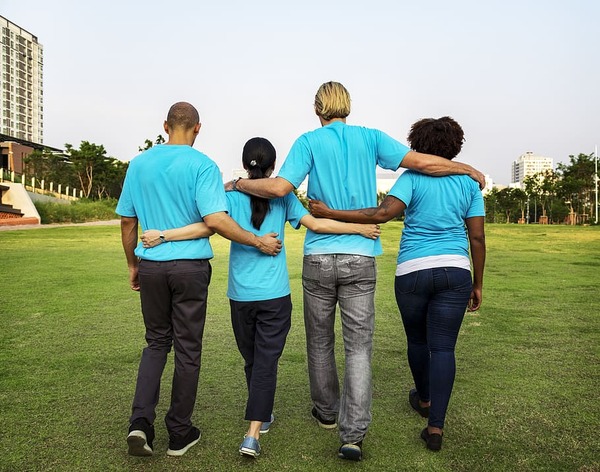Anonymity Reduces Generosity in High School Students
(1) Tecnologico de Monterrey, Cuernavaca High School, Monterrey, Mexico
https://doi.org/10.59720/19-049
The disinterested willingness a person has for helping others is known as altruism. But is this willingness to help others dependent on external factors that make you more or less inclined to be generous? We hypothesized that generosity in adolescents would depend on external factors and that these factors would change the amount of help given. To evaluate altruism and generosity, we conducted non-anonymous and anonymous variations of the dictator game and ultimatum game experiments and explored the role of anonymity, fairness, and reciprocity in high school students. Instead of using money, we randomly selected high school students from six science classrooms to receive extra points on their midterm exam, while the rest of the students did not receive extra points. The students that received extra points became donors, while the students that did not receive extra points became recipients. We varied the ability to redistribute points in three ways. One, donors could donate points, showing true altruism. Two, donors could donate or steal points from the recipients, allowing us to assess fairness. Finally, donors could donate points, but the allocation of points depended upon recipients accepting or rejecting the proposed donation in a measure of fairness and reciprocity. We found that both anonymity and the possibility of taking points decreased the willingness to give, while reciprocity increased the willingness to give as the students based their decision more on strategy than generosity. We concluded that generosity in adolescents is mostly dependent on personal gain and peer judgment rather than pure altruism.
This article has been tagged with: